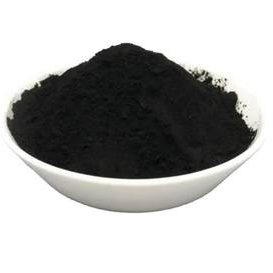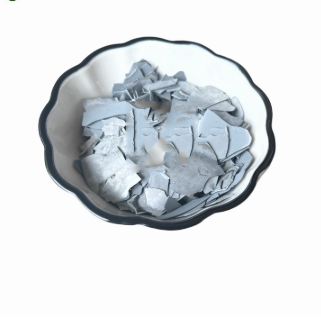Professional and high-quality metal alloys, ceramic products and concrete additives | RBOSCHCO
PRODUCT PARAMETERS
Description
Overview of Chromium Chip Chromium Sheet Chromium Flake
Chromium Chips, Chromium Sheets, and Chromium Flakes are all different forms or products of chromium, which are widely used in industry, scientific research, and daily life. Here is a brief introduction to these three forms:
Chromium Chip:
Chromium sheets usually refer to thinner chromium metal sheets, which may be obtained by cutting or pressing large pieces of chromium metal. Chromium sheets have excellent corrosion resistance, high hardness, and good conductivity, making them widely used in many fields, such as electroplating, metallurgy, catalyst carriers, etc. Chromium sheets can also be used as decorative or coating materials in certain specific applications.
Chromium Sheet:
A chromium plate is a relatively thick chromium metal plate, usually made by rolling or other metal processing methods.
Compared with chromium sheets, chromium plates have a larger surface area and better structural stability, making them commonly used in situations that require more extensive coverage or higher structural strength. Chromium plates are widely used in chemical, electrical, and construction fields, such as electrodes, corrosion-resistant containers, decorative panels, etc.
Chromium Flake:
Chromium sheets usually refer to more miniature, thinner chromium metal sheets or foils, which may be obtained by cutting or grinding large pieces of chromium metal. Chromium flakes have applications in multiple fields, especially in industries such as coatings, plastics, and rubber, as pigments, colorants, or reinforcing agents. Due to their bright colors and good chemical stability, chromium sheets are also widely used in decoration and handicraft manufacturing.
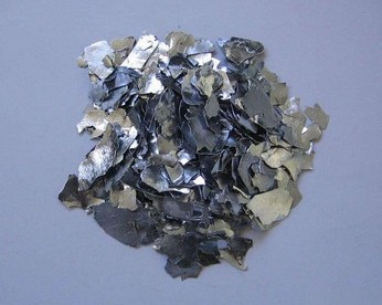
Chromium Chip Chromium Sheet Chromium Flake
Features of Chromium Chip Chromium Sheet Chromium Flake
| Chromium Chip Properties | |
| Other Names | Chromium Chips, Chromium Sheet, Chromium Flake |
| CAS No. | 7440-47-3 |
| Compound Formula | Cr |
| Molecular Weight | 52 |
| Appearance | Silvery |
| Melting Point | 1857℃ |
| Boiling Point | 2672℃ |
| Density | 7.18 g/cm3 |
| Solubility in H2O | N/A |
| Electrical Resistivity | 12.96 microhm-cm @ 0 °C |
| Poisson’s Ratio | 0.21 |
| Tensile Strength | N/A |
| Thermal Conductivity | 0.939 W/cm/K @ 298.2 K |
| Thermal Expansion | (25 °C) 4.9 µm·m-1·K-1 |
| Vickers Hardness | 1060 MN m-2 |
| Young’s Modulus | 279 Gpa |
| Chromium Chip Health & Safety Information | |
| Signal Word | Warning |
| Hazard Statements | H400 |
| Hazard Codes | N/A |
| Risk Codes | N/A |
| Safety Statements | N/A |
| Transport Information | N/A |
Parameter table of Chromium Chip Chromium Sheet Chromium Flake
|
(ppm) Chemical Composition,ppm |
Cr |
≥99.95% |
Si |
8 |
|
C |
15 |
K |
6 | |
|
O |
60 |
As |
0.5 | |
|
Ca |
3 |
Cd |
8 | |
|
Mg |
0.2 |
Zr |
0.5 | |
|
Si |
12 |
S |
20 | |
|
Al |
15 |
Mn |
6 | |
|
Fe |
120 |
Pb |
0.5 | |
|
Ni |
20 |
W |
15 | |
|
Cu |
13 |
N |
19 |
Applications of Chromium Chip Chromium Sheet Chromium Flake
Chromium Chips, Chromium Sheets, and Chromium Flakes are all different forms or products of chromium, which are widely used in industry, scientific research, and daily life. Here is a brief introduction to these three forms:
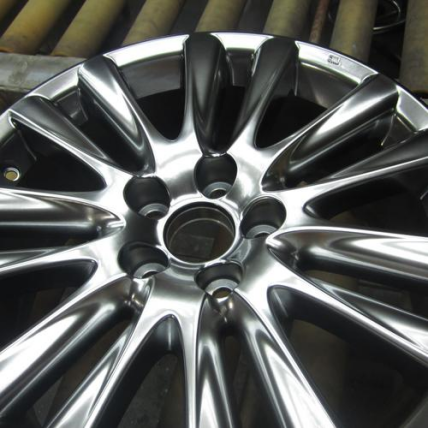
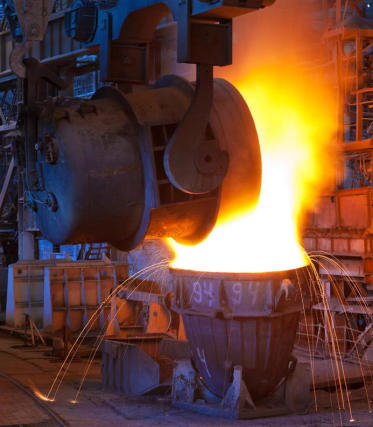
Applications of Chromium Chip Chromium Sheet Chromium Flake
CHromium Chip:
Chromium sheets usually refer to thinner chromium metal sheets, which may be obtained by cutting or pressing large pieces of chromium metal.
Chromium sheets have excellent corrosion resistance, high hardness, and good conductivity, making them widely used in many fields, such as electroplating, metallurgy, catalyst carriers, etc.
Chromium sheets can also be used as decorative or coating materials in certain specific applications.
Chromium Sheet:
A chromium plate is a relatively thick chromium metal plate, usually made by rolling or other metal processing methods.
Compared with chromium sheets, chromium plates have a larger surface area and better structural stability, making them commonly used in situations that require larger coverage or higher structural strength.
Chromium plates are widely used in chemical, electrical, and construction fields, such as electrodes, corrosion-resistant containers, decorative panels, etc.
Chromium Flake:
Chromium sheets usually refer to smaller, thinner chromium metal sheets or foils, which may be obtained by cutting or grinding large pieces of chromium metal.Chromium flakes have applications in multiple fields, especially in industries such as coatings, plastics, and rubber, as pigments, colorants, or reinforcing agents.Due to their bright colors and good chemical stability, chromium sheets are also widely used in decoration and handicraft manufacturing.
Production Method of Chromium Chip Chromium Sheet Chromium Flake
Raw material preparation: Use high-purity chromium metal or chromium.
Smelting and casting: Melt and cast into chromium ingots in an inert atmosphere.
Rolling (chromium plates): Heat and then roll through a mill to form thin plates.
Cutting and powdering (chromium sheets and foils): Cut or ball mill into small pieces or thin sheets.
Surface treatment: coat with a protective layer.
Quality control: Inspect for dimensions, purity, and surface quality.
Company Profile
RBOSCHCO is a trusted global chemical material supplier & manufacturer with over 12-year-experience in providing super high-quality chemicals and nanomaterials, including boride powder, nitride powder, graphite powder, sulfide powder, 3D printing powder, etc.The company has a professional technical department and Quality Supervision Department, a well-equipped laboratory, and equipped with advanced testing equipment and after-sales customer service center.If you are looking for high-quality Chromium Chip Chromium Sheet Chromium Flake , please feel free to contact us or click on the needed products to send an inquiry.

Storage Condition of Chromium Chip Chromium Sheet Chromium Flake
1) Store in a dry environment at room temperature.
2) Avoid damp and high temperature.
3) Use immediately after opening the inner packing bag.
Payment of Chromium Chip Chromium Sheet Chromium Flake
L/C, T/T, Western Union, Paypal, Credit Card etc.

Package and shipment of Chromium Chip Chromium Sheet Chromium Flake
By sea, by air, by express, as customers request.
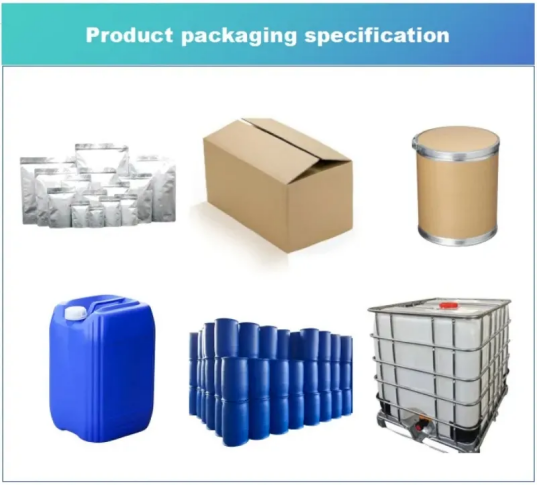
5 FAQs of Chromium Chip Chromium Sheet Chromium Flake
Q1
What are the differences in appearance among these three types of chromium products?
Answer: Chromium chip usually refers to smaller and thinner metal sheets, which may have irregular shapes. A Chromium sheet is a relatively thick and regularly shaped metal plate; Chromium flake refers to smaller and thinner metal or foil, which may be in flakes or scales.
Q2
What are the differences in usage between chrome sheets, chrome plates, and chrome sheets?
Answer: Their application areas mainly depend on shape, size, and purity. Chromium sheets may be more commonly used for electroplating and catalyst manufacturing. Chromium plates are commonly used in chemical equipment and construction due to their large area and high structural stability. Chromium sheets are mainly used for coloring coatings, plastics, and rubber.
Q3
What is the toxicity of these chromium products?
Answer:Chromium is an unsafe product that can be damaging to human health and wellness if subjected to or breathed in for extended periods. This can cause breathing problems, skin problems, and also cancer cells. To stop these threats, it is essential to adhere to safety and security procedures when managing chromium items, like using safety equipment and guaranteeing correct airflow.
Q4
What are the prices for chrome sheets, plates, and chrome sheets?
Answer:The expense of chromium items is established by aspects such as pureness, dimension, market need, and supply. Generally, items with greater pureness degrees come with a more significant cost, and market value can vary by area.
Q5
Is chrome sheet, chrome plate, and chrome sheet easy to process?
Answer: Chromium is a relatively hard metal, so processing these chromium products may require professional equipment and technology. Cutting, grinding, and bending operations may require special tools and technical knowledge.
REQUEST A QUOTE
RELATED PRODUCTS
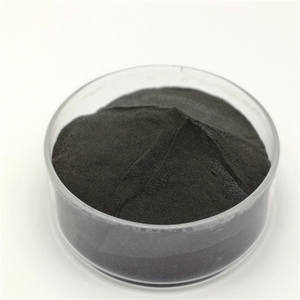
Vanadium Powder V Powder CAS 7440-62-2Van

Silicon Si powder CAS 7440-21-3
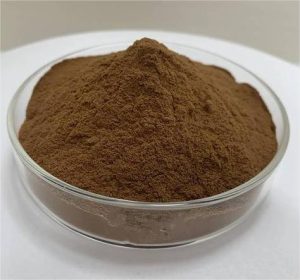
Fine Copper Powder 995 Pure Specification Superfine Dispersal Cu Copper Powder Buyers of Copper Powder HRCU PM03

Factory 99% Pure Metal Pure Iron Powder 100 Microns Metal Powders for Sale
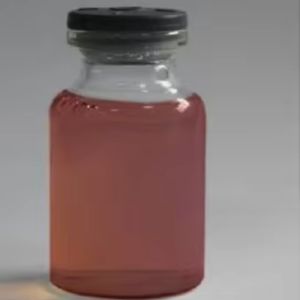
High Purity Nano Colloidal Gold CAS 7440-57-5 Gold Colloidal Nanoparticle
